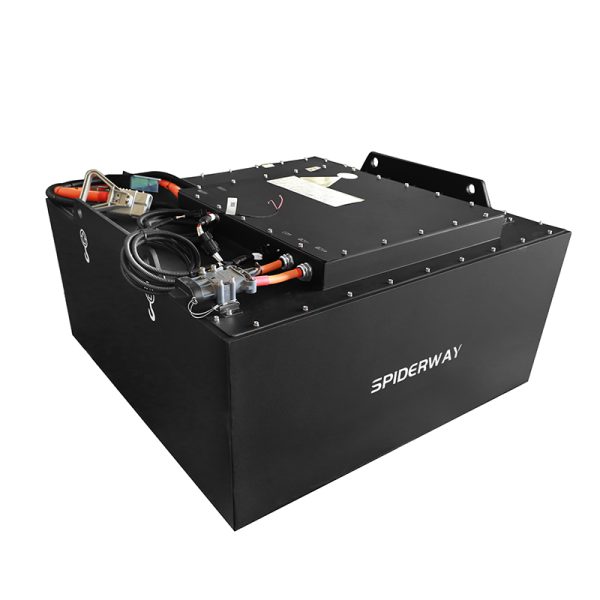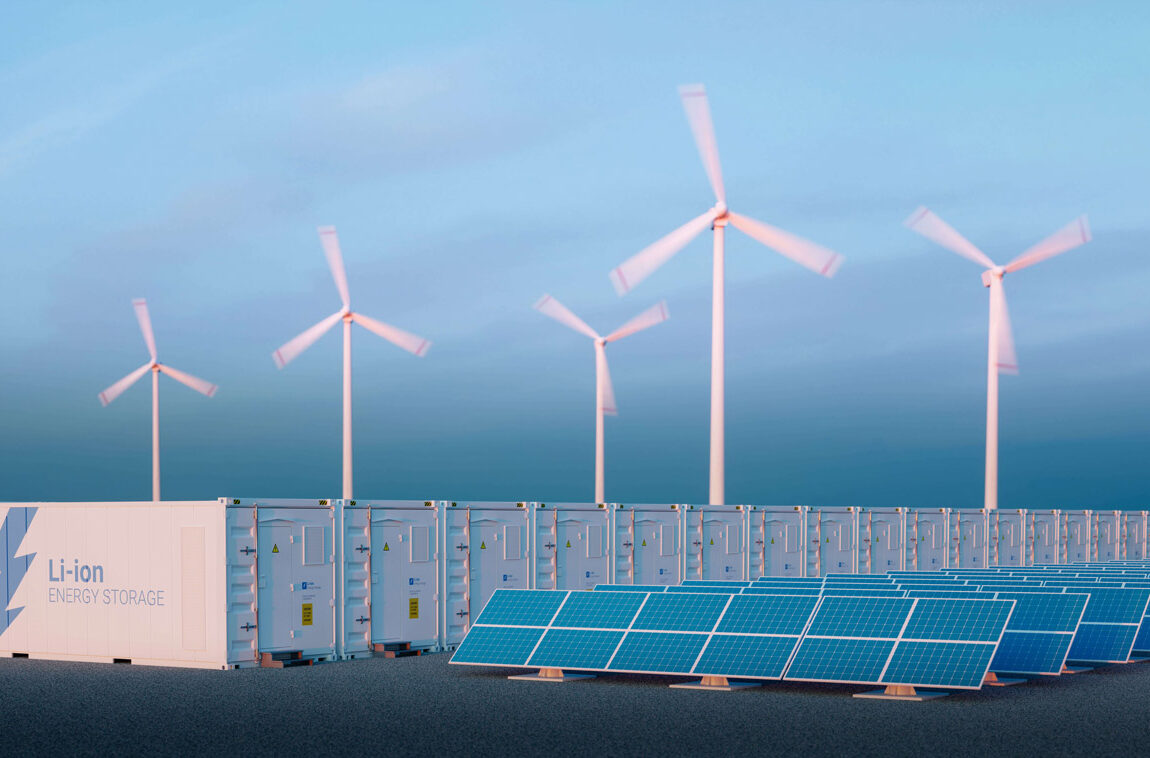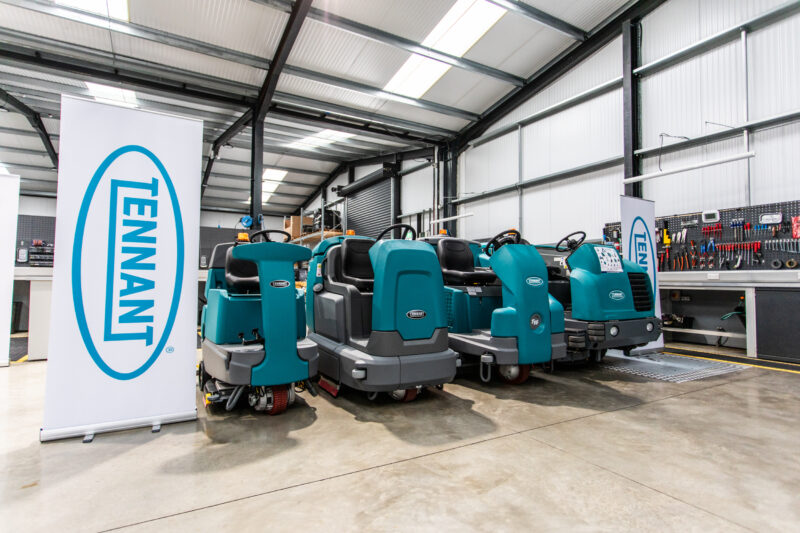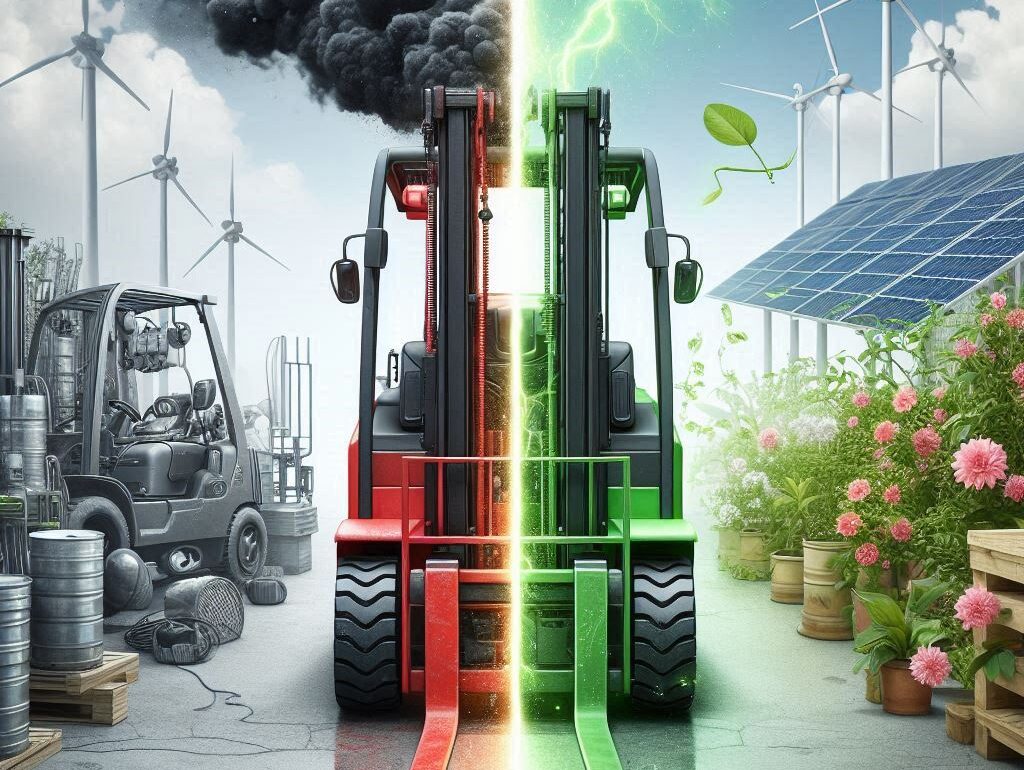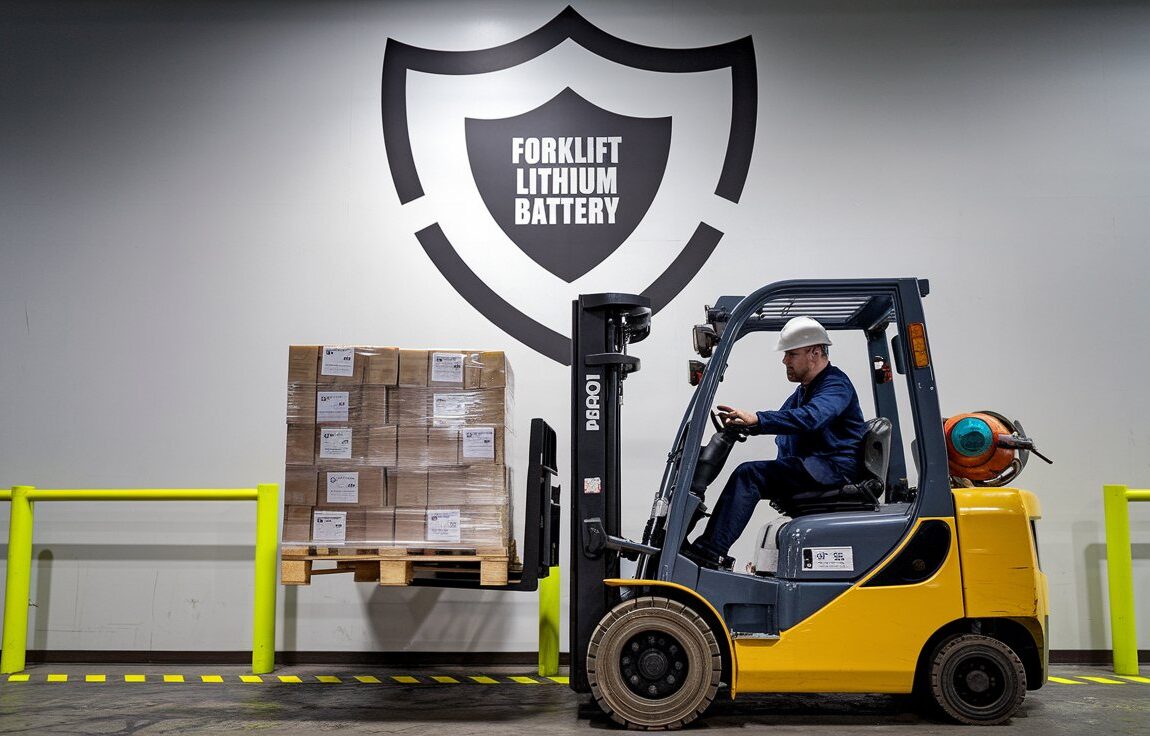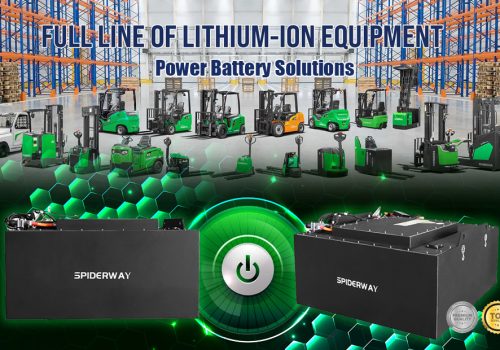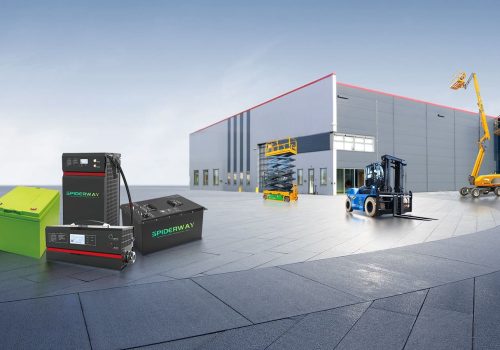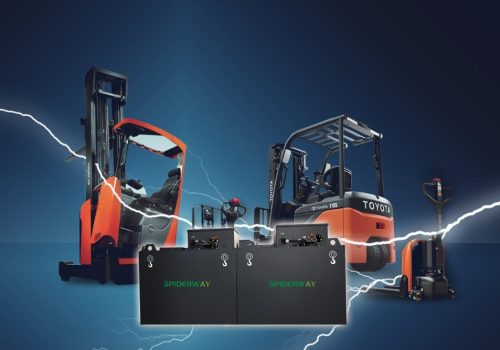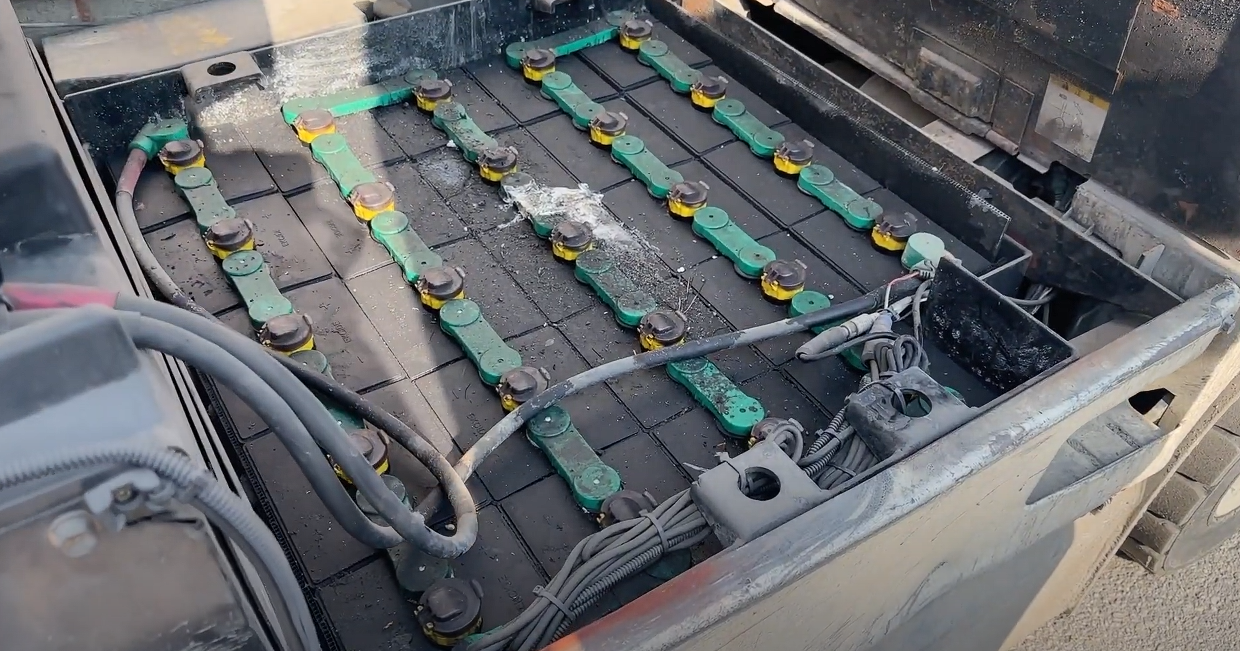
When it comes to powering forklifts, businesses often find themselves at a crossroads: should they opt for the tried-and-true lead-acid baterie or the newer, more efficient lithium-ion (Li-ion) baterie? The decision isn’t just about the initial cost but also about long-term efficiency, maintenance, and the overall impact on the environment. Let’s delve into the pros and cons of each to help you make an informed choice.
Lead-Acid Batteries: The Traditional Choice
Lead-acid batteries have been the go-to option for many businesses due to their affordability. They are reliable, require less frequent maintenance, and are ideal for single-shift operations. However, they do have their drawbacks. These batteries are heavier and bulkier, which can be a disadvantage in terms of both handling and space requirements. Additionally, they require regular water topping and are sensitive to temperature fluctuations.
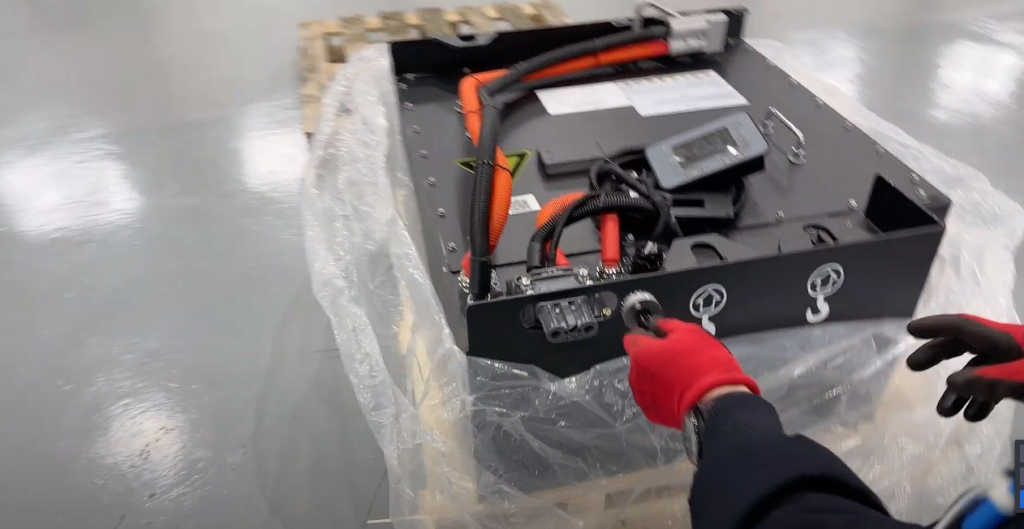
Lithium-Ion Batteries: The Modern Alternative
On the other hand, lithium-ion batteries, while more expensive upfront, offer a range of benefits that can outweigh their initial cost. They are lighter, have a longer lifespan (2,000 to 3,000 charge cycles compared to 1,000 to 1,500 for lead-acid), and can be charged quickly. The opportunity charging feature allows for flexibility, enabling forklifts to be charged during operator breaks, which is a game-changer for multi-shift operations.
80V 280Ah lithiová baterie LiFePO4 pro modely vysokozdvižných vozíků s převodem oleje na elektřinu
Technické specifikace: Napětí (V): V: 80 V Kapacita (Ah): Typ baterie: 280AH Doba nabíjení: 1 hod: Rozsah provozní teploty: -20°C až 60°C Rozměry a hmotnost: 610*525*700mm
The Economical Edge
The true cost of a battery goes beyond the purchase price. It includes the cost of maintenance, downtime, and replacement. While lead-acid batteries may seem cheaper initially, their need for more frequent replacement and the additional labor and space required for charging can add up over time. Li-ion batteries, despite their higher initial cost, can offer a lower total cost of ownership due to their longevity and lower maintenance requirements.
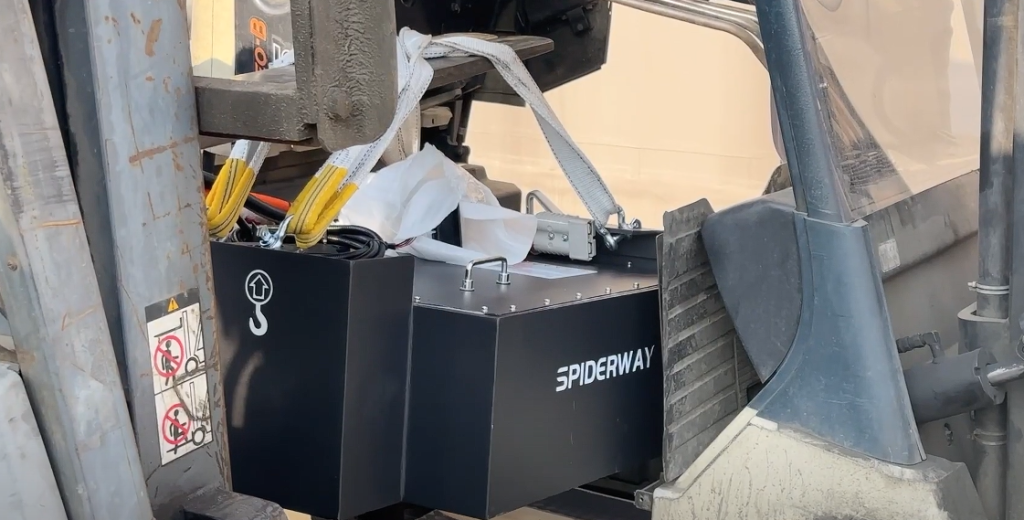
Úvahy o životním prostředí
In today’s environmentally conscious business climate, the sustainability of battery technology is also a significant factor. Lithium-ion batteries are more energy-efficient and produce less waste, making them a more sustainable choice. However, it’s important to consider the recycling options for both types of batteries. While lead-acid batteries are almost entirely recyclable, lithium-ion batteries also have recycling programs, although the process can be more complex.
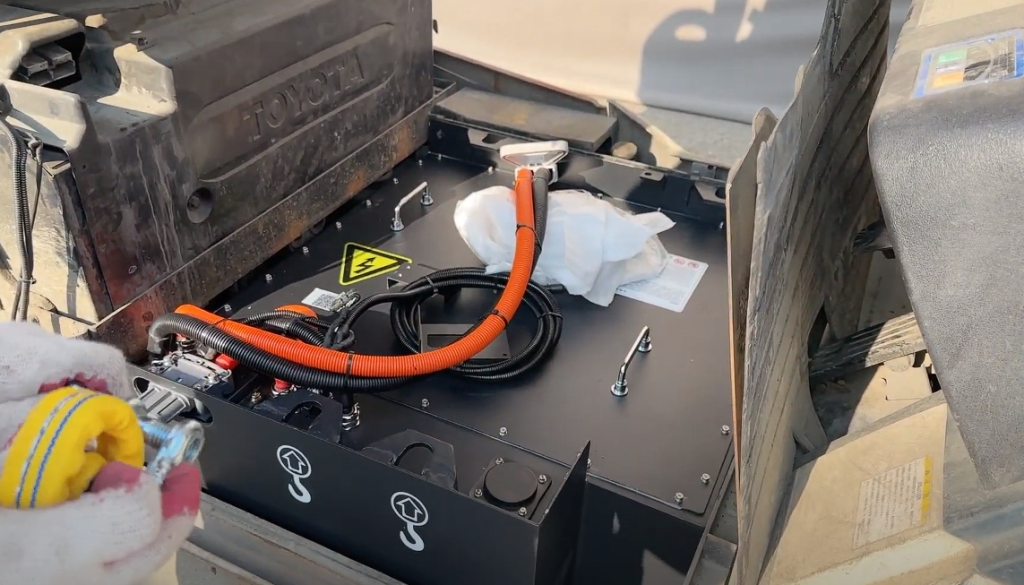
The Spiderway LFP Advantage
For businesses seeking a lithium-ion battery that offers the best of both worlds—performance and cost-effectiveness—Spiderway LFP batteries stand out. These batteries are designed with the future in mind, providing:
- Vynikající výkon: With a longer run time and the ability to handle multiple shifts without the need for frequent recharging.
- Low Self-Discharge: Ensuring that the battery retains its charge for longer periods, reducing the need for constant charging.
- Rychlé nabíjení: Capable of full charging in as little as two hours, which is ideal for busy warehouses with limited downtime.
- Udržitelnost životního prostředí: Minimizing environmental impact with energy-efficient operation and a robust recycling program.
When deciding on the most economical baterie vysokozdvižného vozíku for your operations, it’s essential to consider the total cost of ownership and the operational needs of your business. While lead-acid batteries may be the traditional choice, lithium-ion batteries, like those offered by Spiderway, are proving to be a smart investment for the long term, offering a balance of performance, efficiency, and sustainability. As we look towards a future with stricter environmental regulations and a push for greener technologies, lithium-ion batteries are poised to become the new standard in material handling.
Profil autora

- https://tawk.to/chat/6228c78d1ffac05b1d7dc569/1ftnkn0nk
- Prodejní technik baterií LiFePO4 společnosti SpiderWay s desetiletou praxí v oblasti baterií pro průmyslová vozidla, který je připraven zodpovědět všechny vaše dotazy týkající se průmyslových baterií LiFePO4.
Nejnovější příspěvky
Novinky z oboruListopad 15, 2024China ESS Energy Storage Battery Manufacturers: Industry Development Data and Future Market Trends
Cleaning MachinesListopad 15, 2024Global Leading Cleaning Machines Brands & LFP Lithium Battery Solutions: Powering the Future of Cleaning Technology
Novinky z oboruListopad 15, 2024Embracing the Energy Transition for a Sustainable Future
Znalost produktuListopad 14, 2024Požární bezpečnost lithium-iontových baterií: Pochopení rizik a osvědčených postupů pro průmyslové použití

